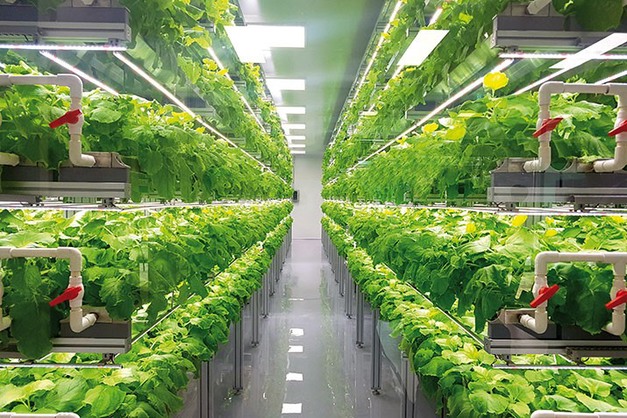Horticulture, the vital £5 billion industry focussing on fruit, vegetables, and ornamental plants, is at a crossroads. The sector is under-prioritised and unappreciated by policymakers, leaving holes in the UK’s food security and ability to meet net-zero goals.
These are among the findings of a new report, ‘Sowing the seeds: A blooming English horticultural sector,’ published today by the cross-party House of Lords Horticultural Sector Committee.
Background
UK growers have been hit hard by rising fertilizer and energy costs due to the ongoing impact of Brexit, the Covid-19 pandemic, and war in Ukraine.
The sector is also struggling to attract new talent and is perceived as unattractive and inaccessible. This has led to a reliance on seasonal migrant labor. The Committee heard evidence of discrimination and exploitation of seasonal workers, including the non-payment of wages and over-crowded, substandard accommodation.

While the sector must do more to reduce its emissions, it can help to mitigate the impacts of climate change through improving biodiversity, carbon capture, and urban greening. However, the adoption of exciting new technologies to support the transition to more environmentally friendly, less labor-intensive growing methods is dependent on an effective R&D landscape and a secure skilled labor supply.
The Committee was particularly damning on the role of supermarkets, whose loss-leader strategies squeeze grower returns in favor of low prices for consumers and which prioritize cheaper imports over UK-grown produce.
Key recommendations
The report calls on the Government to take steps to safeguard the future of the sector and harness its potential to deliver on critical food security and environmental goals:
- The Government needs to make good on its promise to publish a Horticulture Strategy for England to set direction for the sector and give growers confidence.
- It must back horticulture jobs by putting horticulture on the curriculum, producing a workforce strategy, and publishing its review of the seasonal worker visa route.
- More support must be given to amateur and professional growers to help them transition to environmentally friendly practices such as using peat-free growing media.
- It should urgently conduct and publish its review of fairness in the supply chain.
- It needs to review the R&D landscape to support innovation.
Chair’s comment
Lord Redesdale, Chair of the Horticultural Sector Committee, said:
“Horticulture is a multi-billion-pound industry employing over 50,000 people, but it is too frequently overlooked by policymakers.
“In the face of a cost-of-living crisis, supermarkets are battling to keep prices down, but this squeezes UK growers out of the market in favor of cheaper imports. This fundamentally threatens food security and the domestic market for ornamentals.
“Our report calls on the Government to publish the ‘world-leading’ Horticulture Strategy it promised over a year ago and get on with its review of fairness in the horticulture supply chain.
“As part of this, it must secure the skills pipeline by boosting the place of horticulture on the curriculum, draw up a clear workforce strategy, and urgently address reports of exploitation linked to the seasonal worker visa.
“Amateur and professional horticulturists alike must be supported to transition towards more environmentally friendly practices, and the R&D landscape must be reviewed to ensure it backs British growers to innovate.
“With the confidence and support of the Government, the horticulture sector can realize its limitless potential.”
Source: committees.parliament.uk